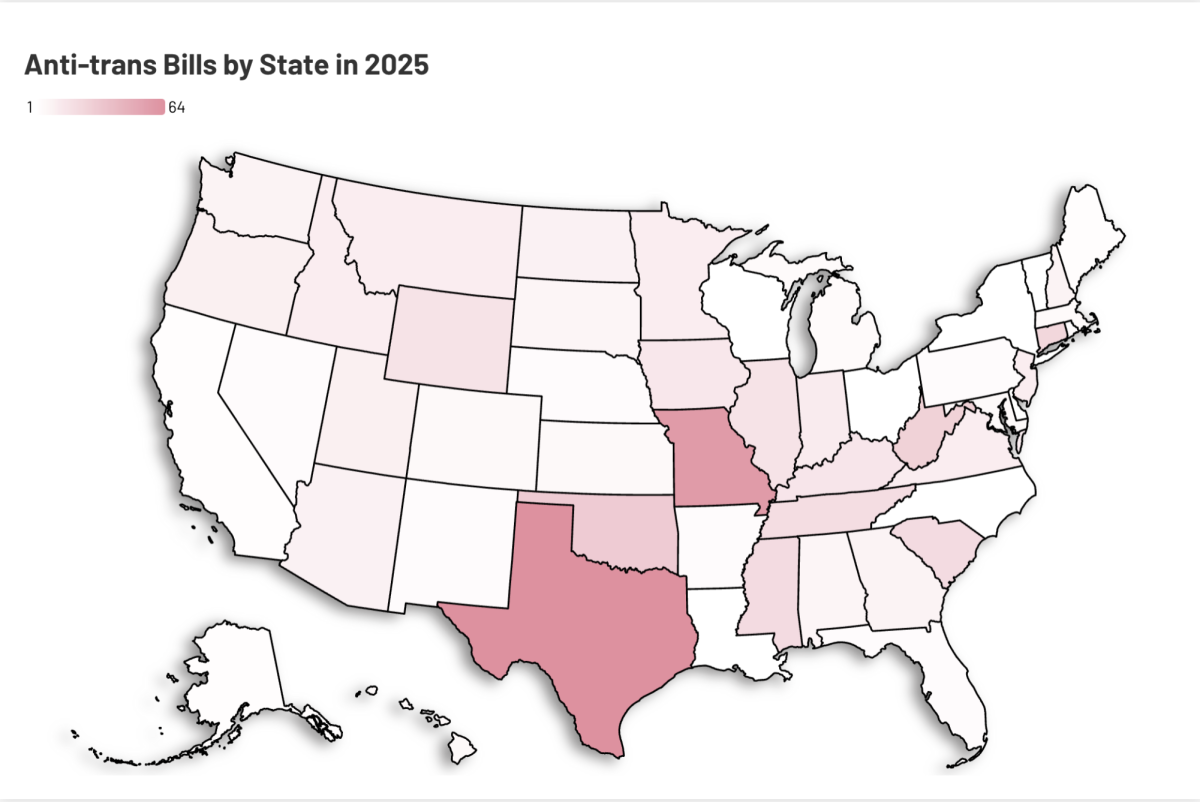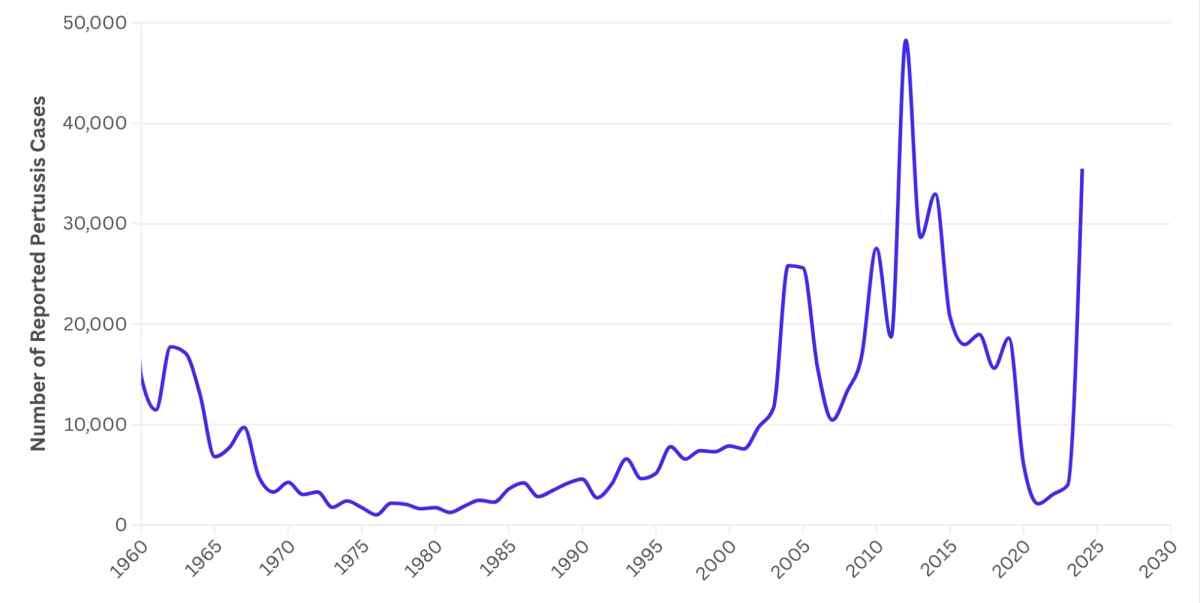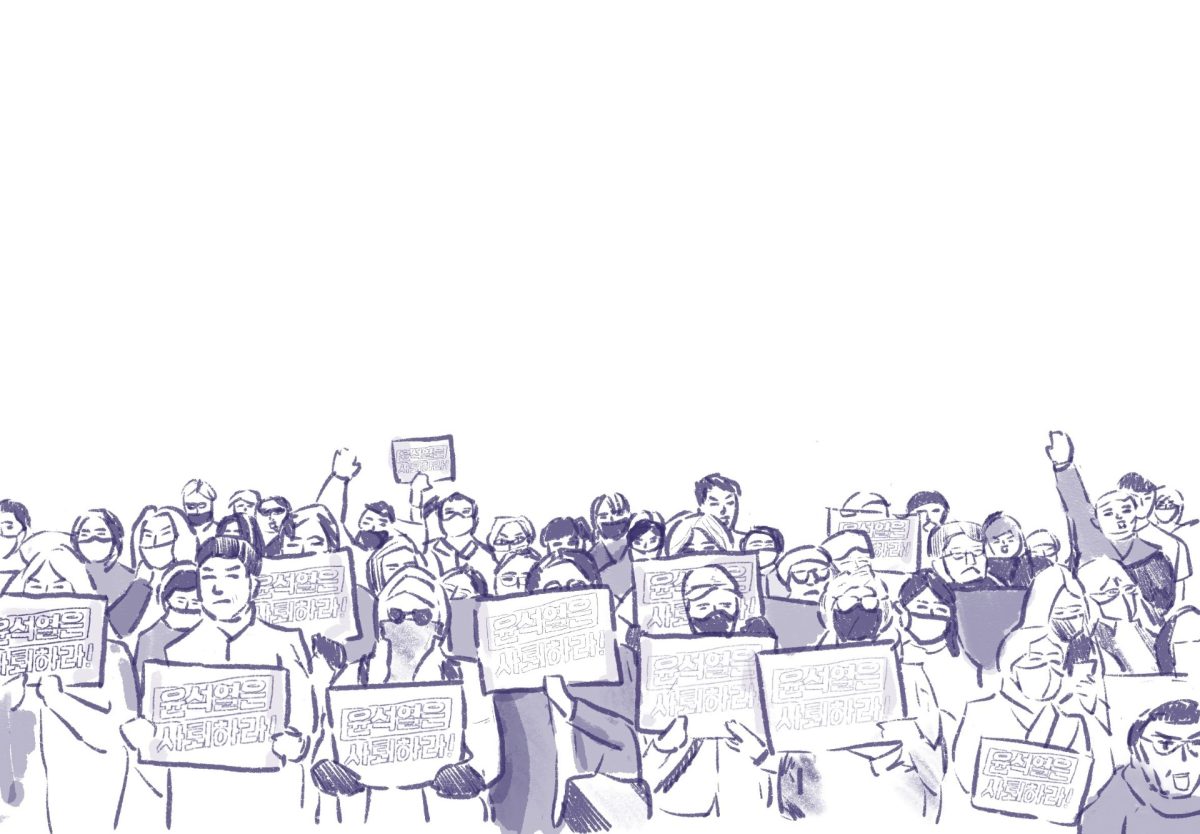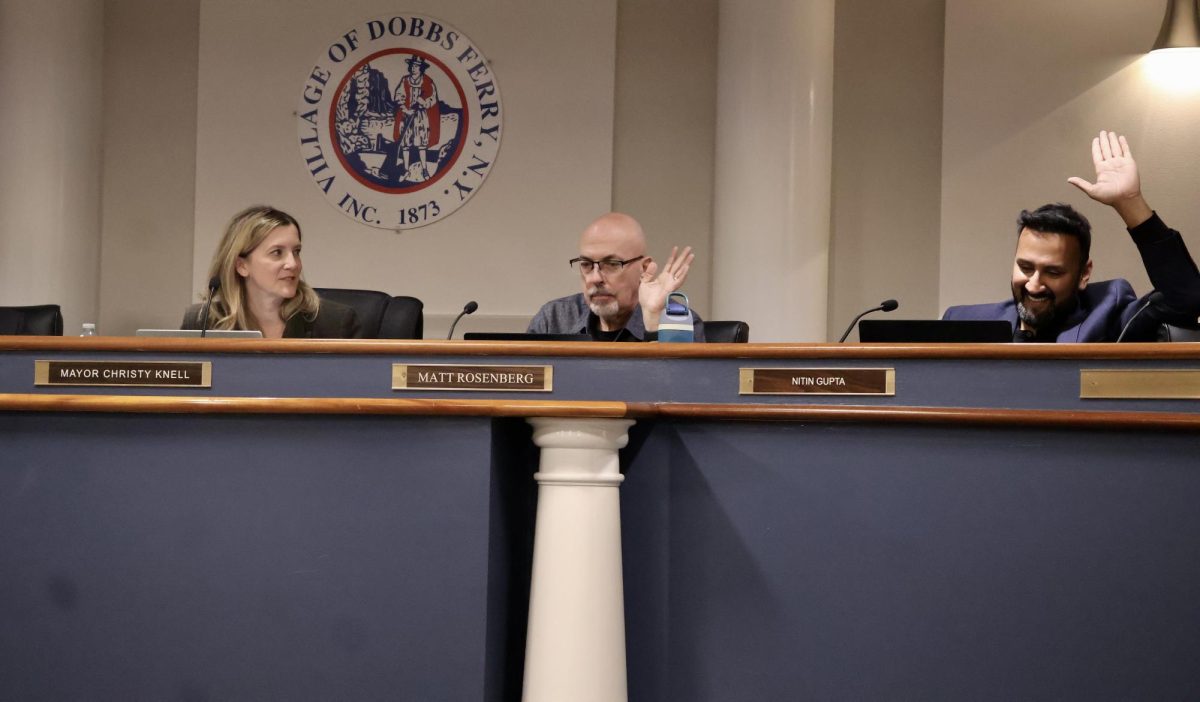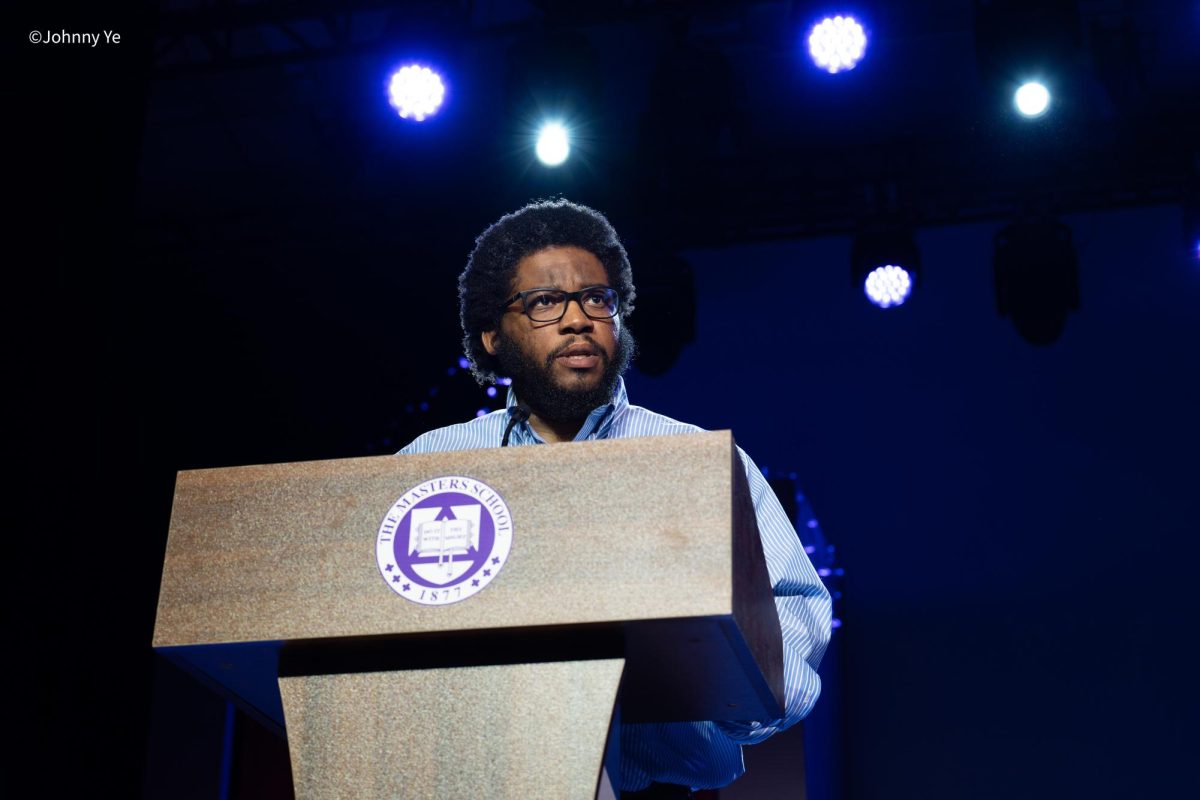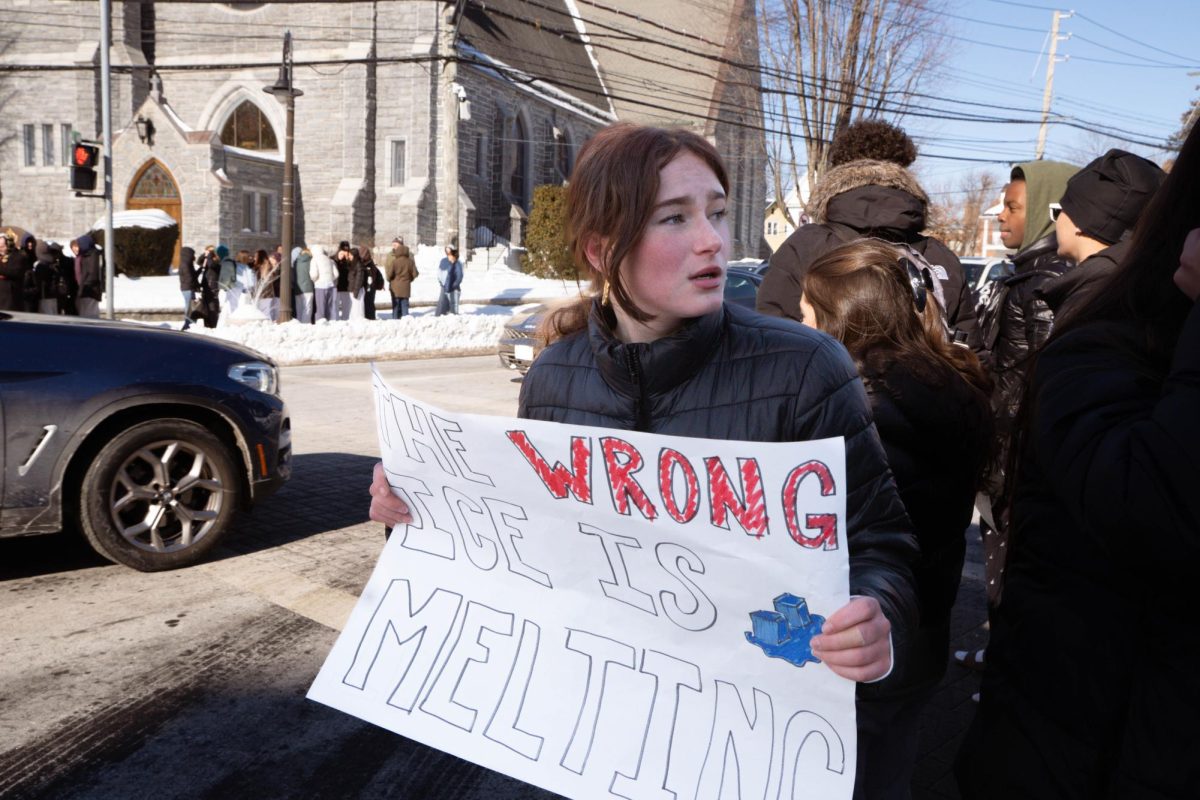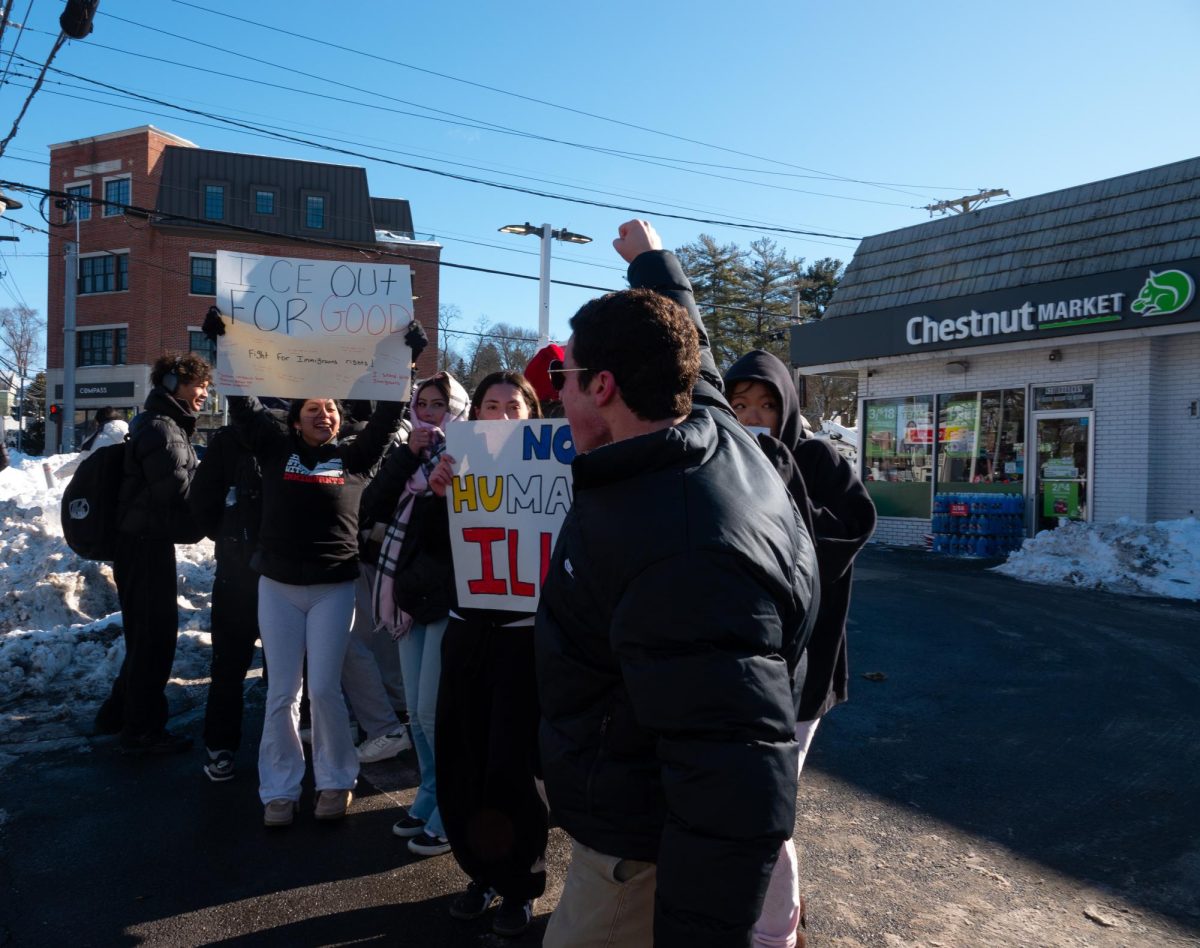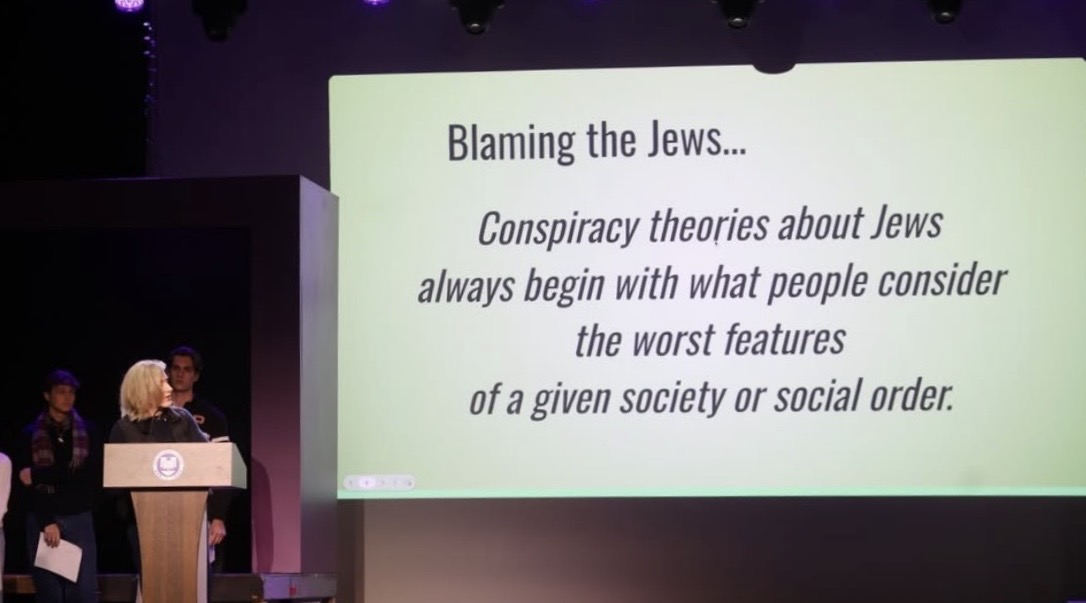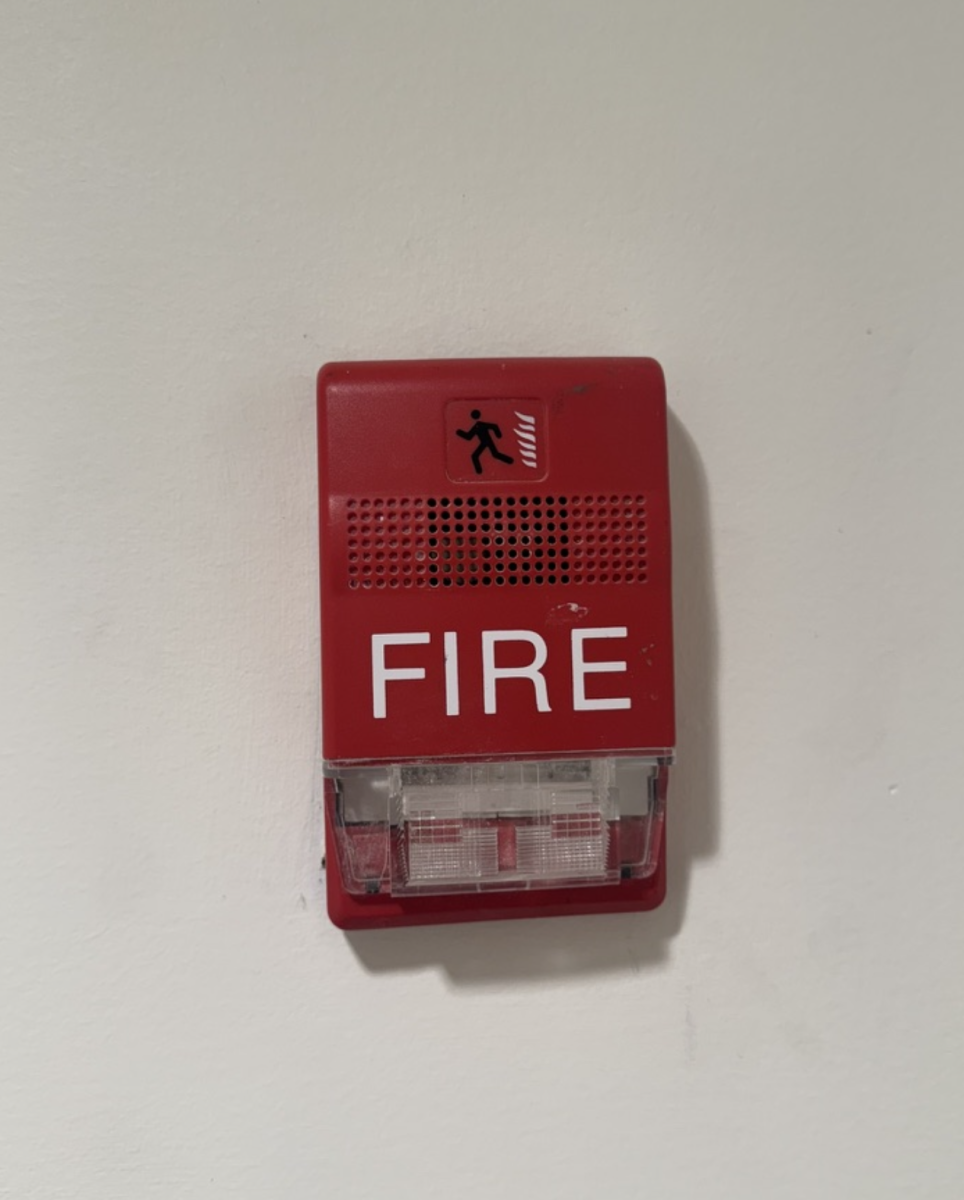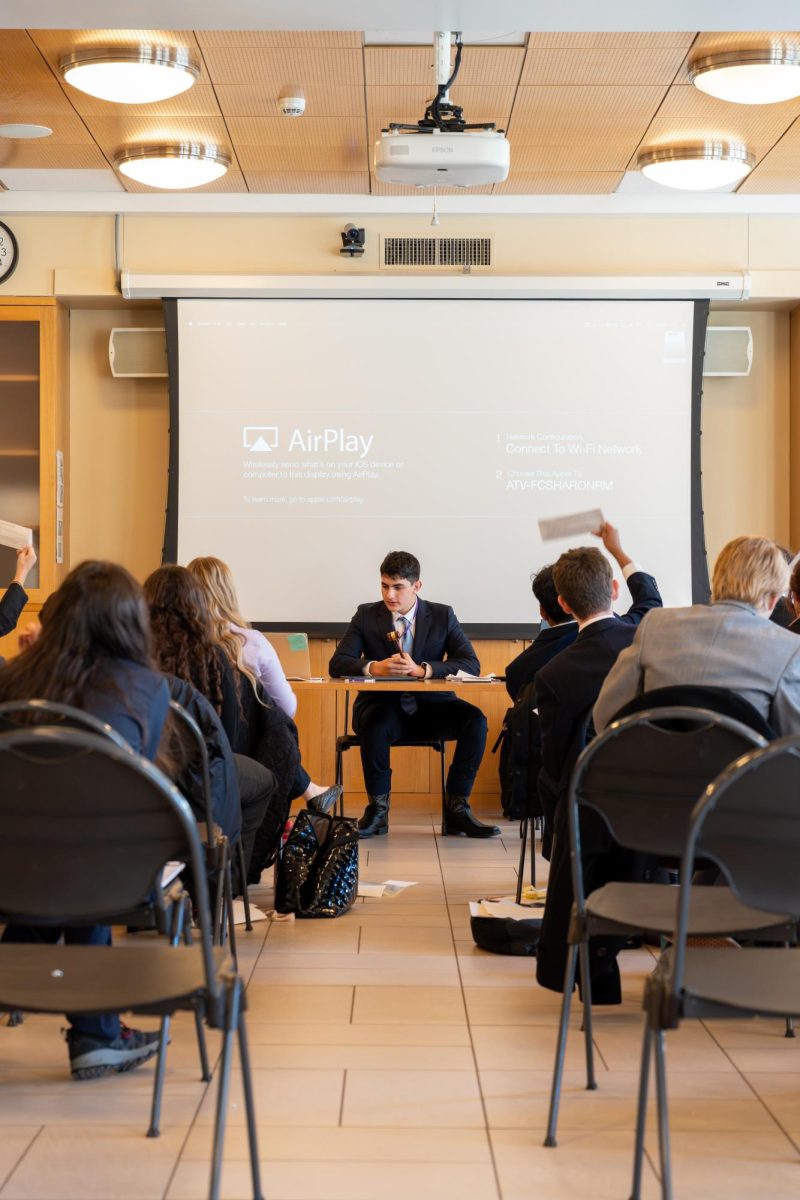As students in the Masters community have witnessed the ensuing war following Hamas’ attack on Israel on October 7, students have utilized classrooms to unpack their emotions and opinions on the conflict.
Two classes have traditionally held a unique connection to discourse on the long-standing conflict between Israel, Palestine and other neighboring Arab nations: Western Religions and International Relations. One in regard to religious conflict and the other to the political and diplomatic conflict. But, as students break down the erupting, unprecedented violence, one essential question for our school community is how will teachers adapt?
Kaci Collins Jordan teaches Western Religions, focusing on the intertwining history and traditions of, among others, the Abrahamic Religions of Judaism, Christianity, and Islam. She has made the decision to come to more in-depth class discussion on the topic after completing the units on both Islam, the current topic of study, and the next unit on Judaism.
“It’s really important for students to have a broader panorama of these religions. Before we dive into a conversation because I think that that makes for…a baseline of understanding that will hopefully allow us to get a little bit deeper and also avoid some of the kinds of stereotyping and distorted information that tends to predominate in a lot of these conversations” Collins Jordan noted.
She also highlighted that, though the Israel-Palestine conflict comes up in Western Religions class discussions every year, it has arrived this year with higher strain. “I think there is a kind of tension around any mention of it, and there is a kind of anxiety over ‘how are we going to talk about this? Are we going to talk about this? Where is this going to go?’’ Collins Jordan said.
While Collins Jordan has held off on in-class discussion over it for now, she plans to devote more time to it when it does happen later in the curriculum, to address the current circumstances, “I plan on devoting a whole week in the class to the history, …in a lot of ways the narrative that this is fundamentally a religious conflict is not totally accurate, religion is involved but in many ways that is not the primary thing it’s about, and I’m sort of wary of overemphasizing [that] in a religion class,” Collins Jordan elaborated. The History & Religion Department is also planning to revise the curriculum for future years in a way that may allow more deliberation on this topic.
Robert Fish’s senior International Relations class typically devotes a portion of the year discussing this conflict, but after Hamas’ attack, Fish reorganized the curriculum to begin the unit earlier. Fish consistently emphasizes that students build a solid foundation of key theories to guide research. So, he generated projects that pushed his class to view the conflict through a wider diplomatic perspective.
“If you try to understand this as a conflict just in the context of specifically what has happened [since October 7th] and the only parties you really look at are the sitting Israeli government and Hamas, you’re not understanding what’s happening,” Fish said. He continued, “It’s not going to make sense, and you’re not going to understand why different organizations, nations, and governments are doing what they are doing.”
The class first examined the security, economic, and diplomatic issues in the region and were tasked with writing a mock briefing paper about the current conflict to a major world leader that would incorporate concepts learned in class with their own research.“There’s a lot of people here who want to talk about it who want to understand the conflict, but really don’t have a lot of background knowledge about it,” he said.
While students continue to grapple with this topic, they may already feel inclined to express certain viewpoints that clash with their classmates. Fish maintains that it is crucial he stays neutral while students explore the curriculum, but establishes standard ground rules that the class must adhere to. “They can have whatever opinion they want, and they can express whatever opinion they want, and that’s okay. As long as they do it respectfully and when I say respectfully, they should always assume that whoever is at the receiving end of their words might actually have a family member or a close friend or a loved one who is literally in the line of fire because you never know. So you can express your opinion, but make sure you say it in a way that would be not hurtful for that person to hear,” he said.







